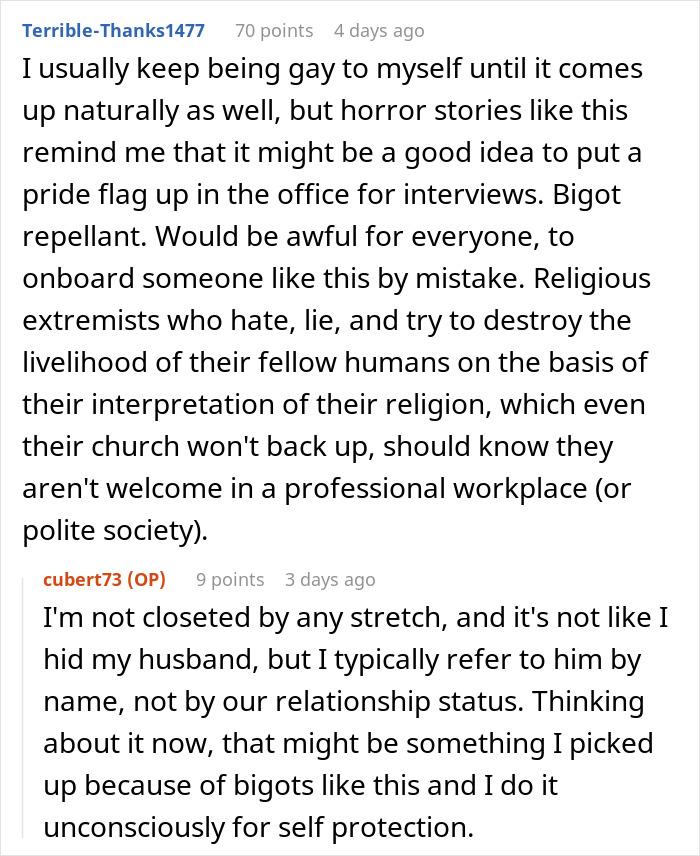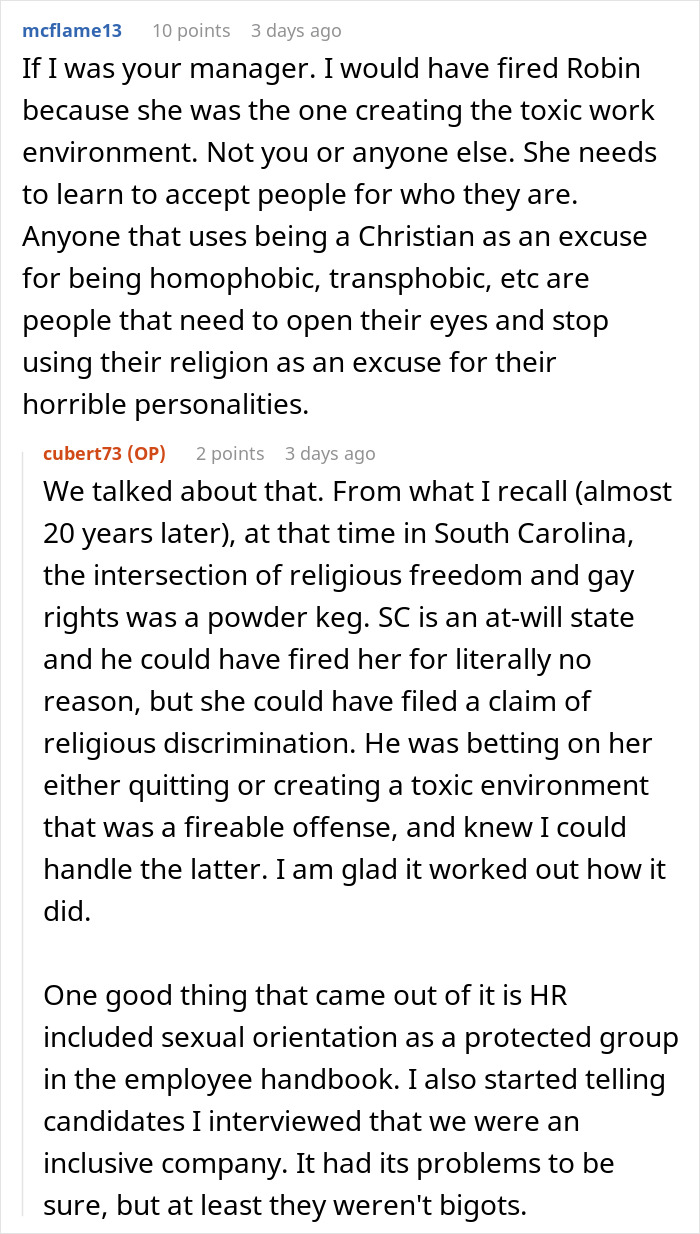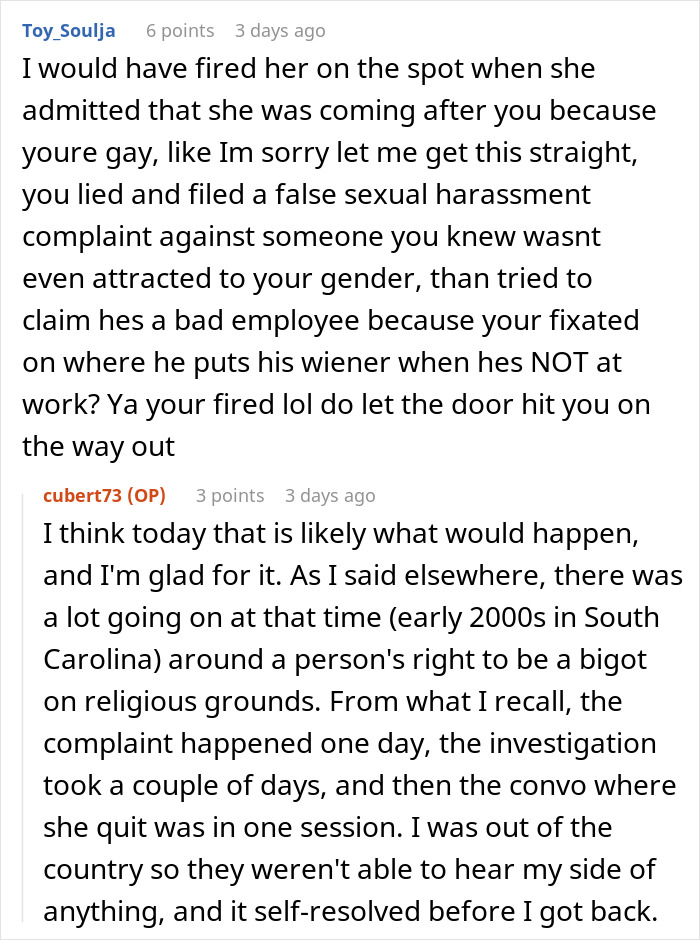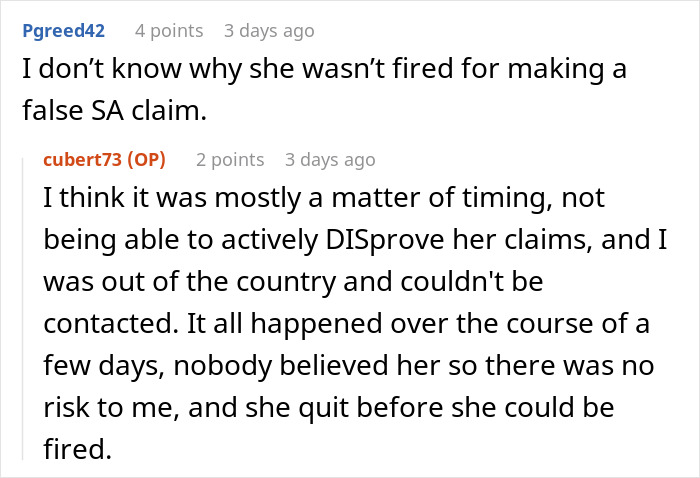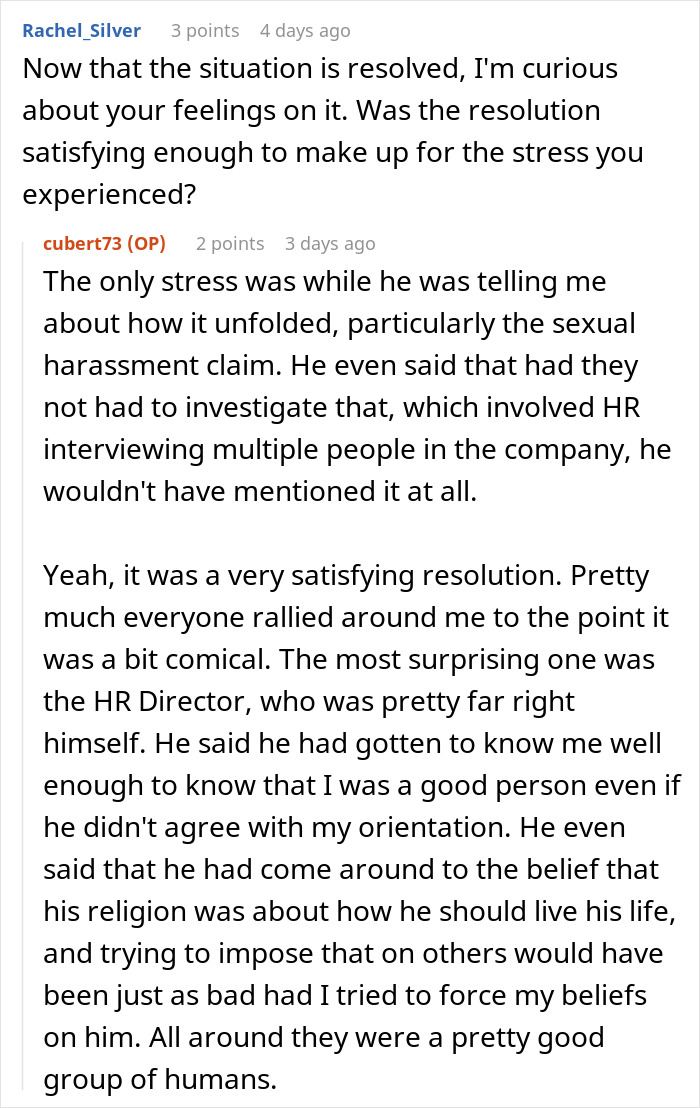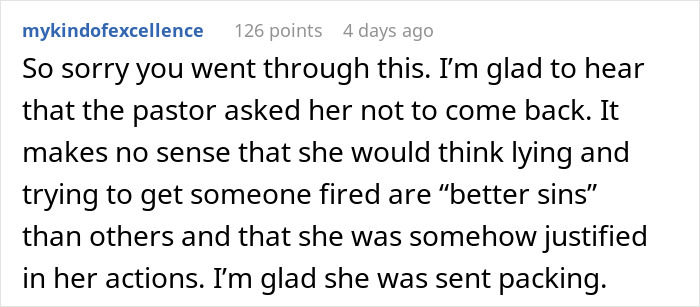It’s natural for colleagues to have different opinions on how their work should be done, but what if those disagreements escalate to a deliberate attempt to ruin someone’s career?
One man went on Reddit to share how his experience as a manager took an unexpected turn after hiring a new employee. At first, everything was going smoothly, but when the woman discovered he was gay, her attitude changed completely. Claiming his existence was a sin, she went to great lengths to try and get him fired. Read on to see how it all unfolded.
The man welcomed a new hire to his team

Image credits: ArthurHidden / Freepik (not the actual photo)
Little did he know, she would turn on him after learning he was gay
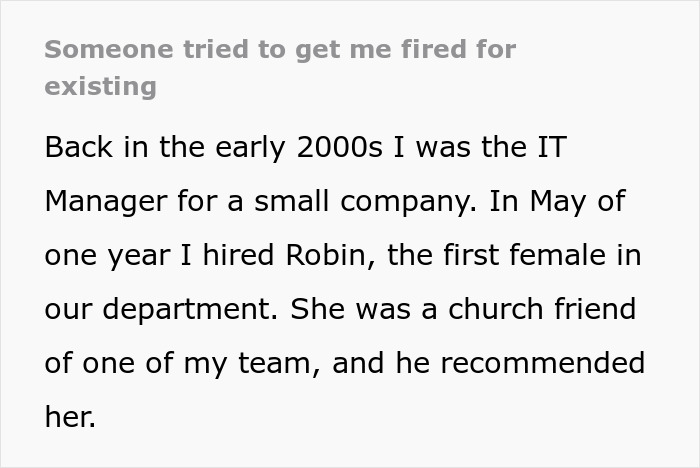
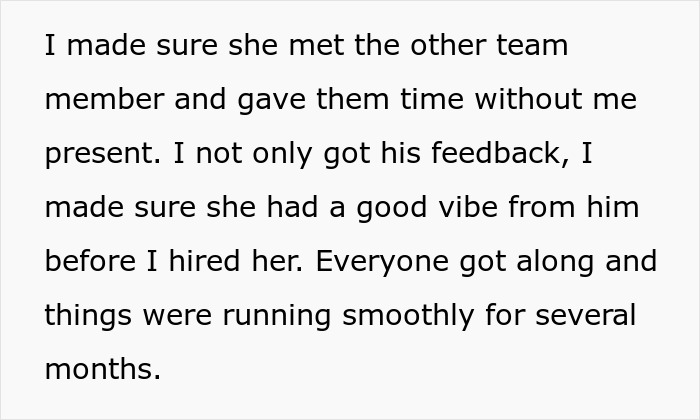
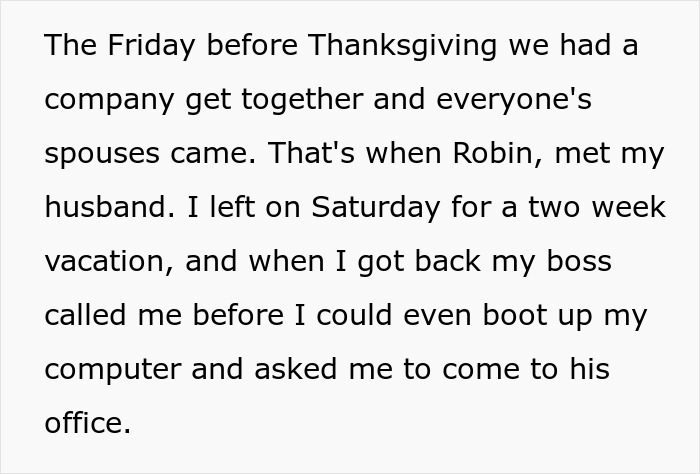
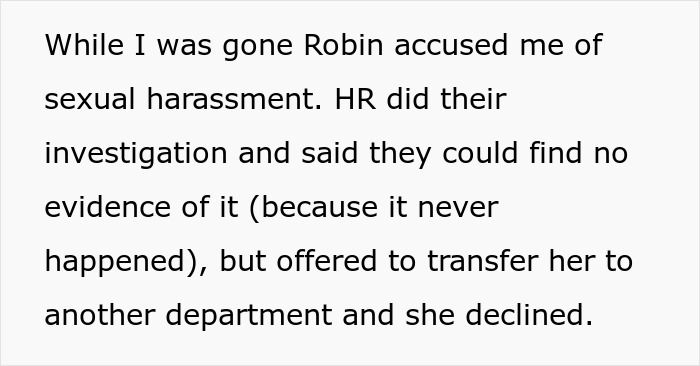
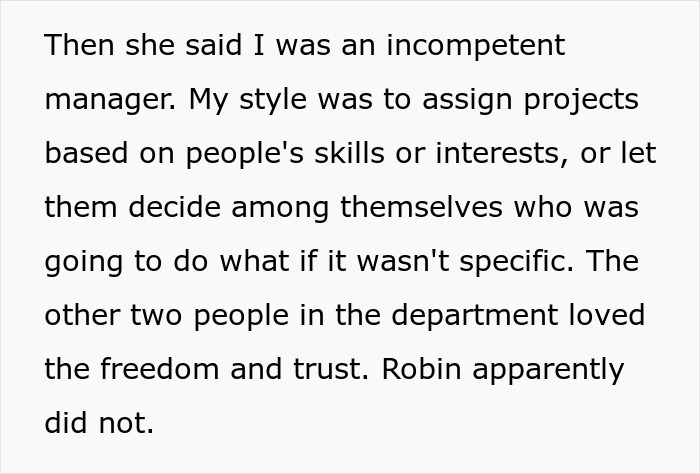
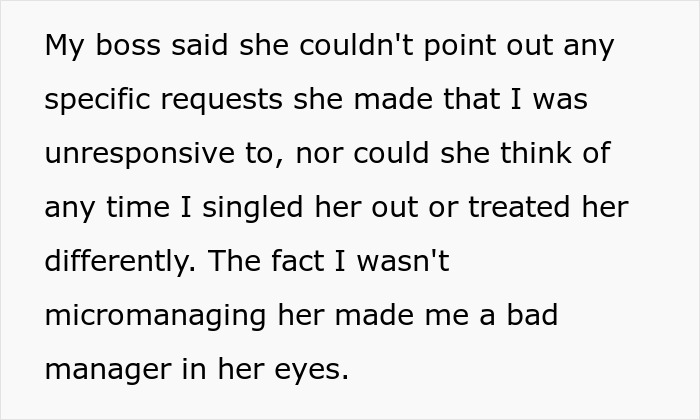
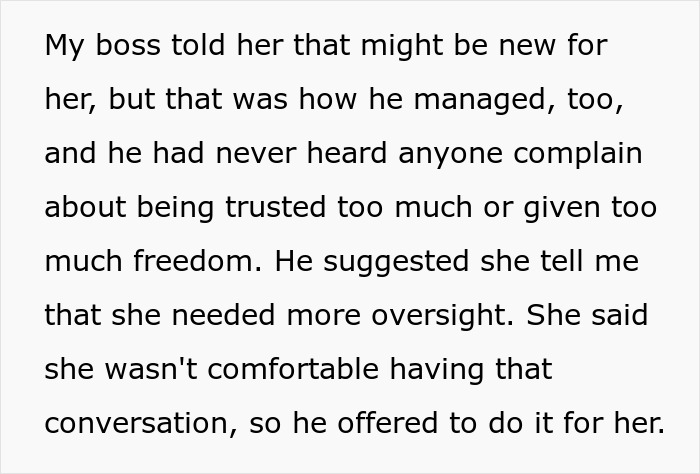
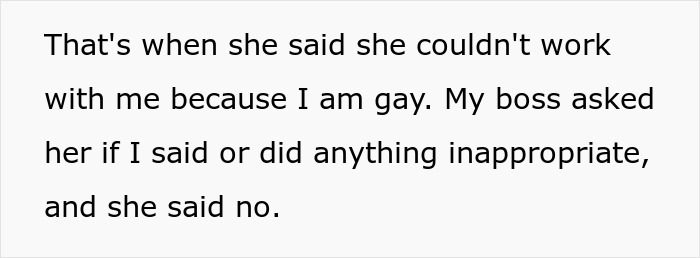
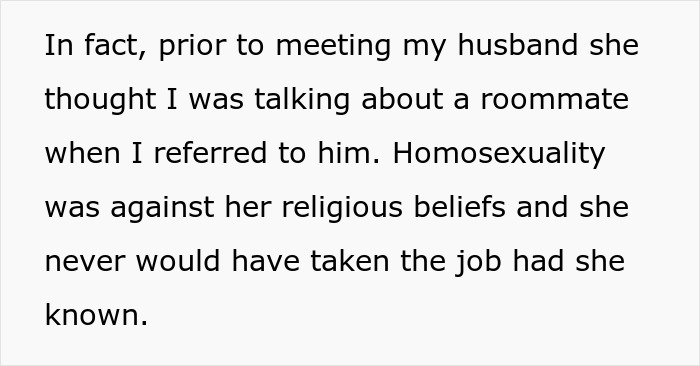
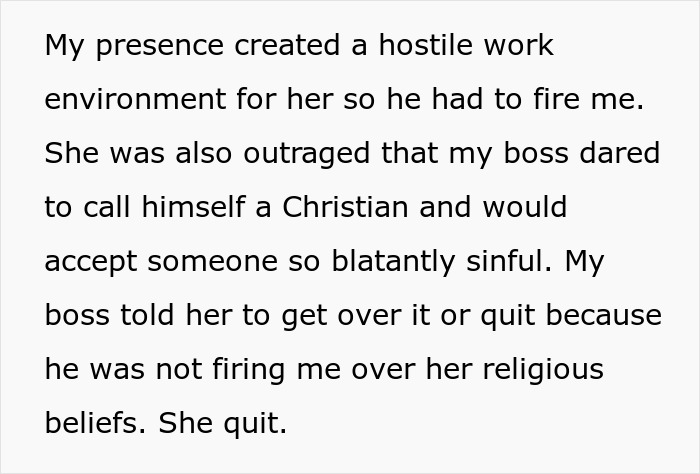
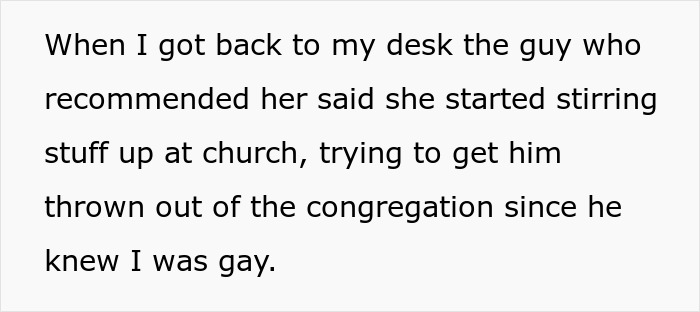

Image credits: Image by Freepik (not the actual photo)
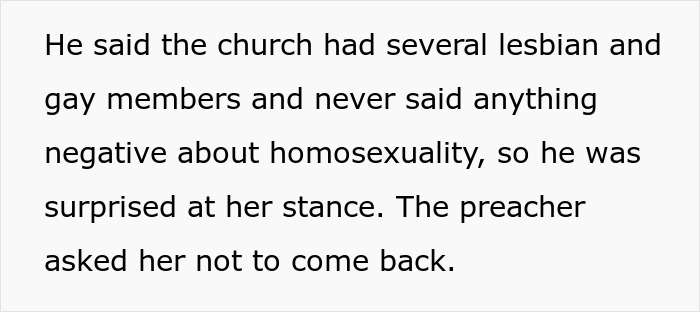
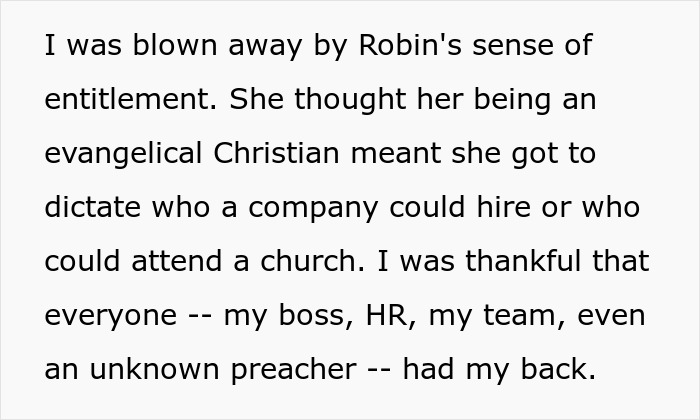
Image credits: cubert73
Coming out at work is still a tough choice for many LGBTQ+ people
While society has made progress in creating safer and more inclusive spaces for LGBTQ+ individuals, discrimination remains a persistent issue. This is especially evident in professional settings, where coming out can feel particularly risky, despite laws in regions like the European Union and—as of 2020—the U.S. that prohibit job discrimination based on gender and sexual identity.
In 2019, 21% of LGBTQ+ Europeans reported facing discrimination at work, with that figure rising to 36% for transgender individuals. In the U.S., 36% of LGBTQ+ people experienced workplace discrimination, and nearly half said they felt the need to stay closeted at work.
The challenges LGBTQ+ employees endure at work can be quite varied. Some might encounter casual slurs or overhear negative comments about queer people. Others notice that managers are more lenient with time-off requests from heterosexual colleagues with children. There are also more subtle biases, like assumptions about someone’s gender or orientation, or healthcare policies that don’t fully support same-sex couples. Even dress codes can be uncomfortable if they enforce traditional gender norms.
When confronted with these obstacles, many LGBTQ+ employees choose to stay silent, fearing further harassment or even losing their job. Some decide to leave and find a new workplace rather than deal with the emotional toll of discrimination. According to a 2021 study by the Williams Institute on Sexual Orientation and Gender Identity Law and Public Policy, more than one-third of LGBTQ+ workers have left a job because of how they were treated.
“Most people would rather have a job and a paycheck than a lawsuit,” says Brad Sears, founding executive director of the Williams Institute. “So, I think what you do see is people just moving on to the next job or being disengaged from their current job, as opposed to filing a complaint.”
However, coming out at work can have positive outcomes. LGBTQ+ individuals who are open about who they are often experience better mental and physical health. For transgender people, being able to express their gender identity can be lifesaving.
“All of those elements come together for an intersection of risk,” says Josh Miller, co-founder of Empathy Paradigm, a Dallas-based LGBTQ mental health consultancy that provides coming out and allyship coaching. “There are so many good consequences to coming out, but are you prepared for the bad ones?”
From a business perspective, workplace discrimination is not only harmful to employees but also costly. “We know from other studies of workplaces that it is very expensive when employees leave a job,” Sears explains. “It requires significant commitment, significant costs in recruitment and retraining. So, this is actually a tremendous cost for businesses that such a high percentage of LGBTQ+ employees are considering other work because they don’t find their workplace supportive.”
Even employees who stay but feel disengaged due to a lack of support can have a financial impact on companies. According to data from Gallup, disengaged employees cost the global economy $7.8 trillion in lost productivity in 2022.
Clearly, building an inclusive workplace benefits everyone. And as the Reddit story showed, when people feel safe and accepted, it creates a stronger, more connected team.
People in the comments were quick to support the man and were shocked by the woman’s behavior
